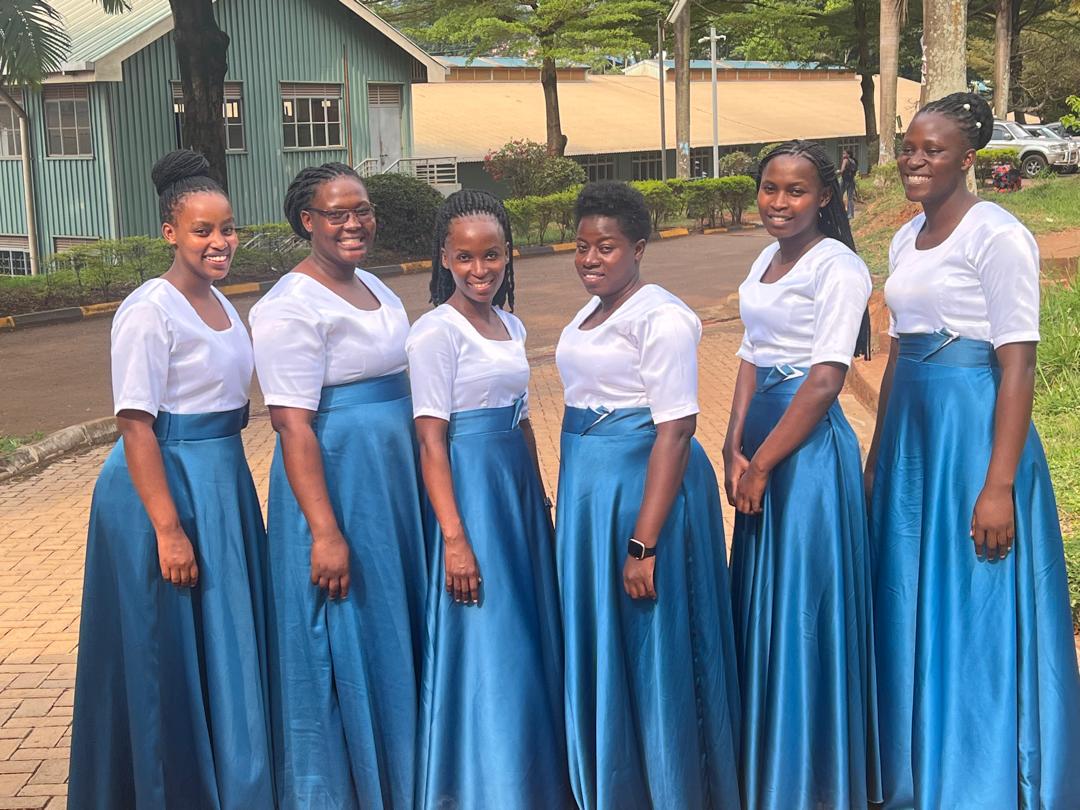The Role of Music in the Seventh-day Adventist (SDA) Church in Uganda
Music has always played a central role in the worship experience of the Seventh-day Adventist (SDA) Church worldwide, and Uganda is no exception. In this East African country, where the SDA Church has a significant and growing presence, music is an integral part of both individual and collective spiritual life. From the uplifting hymns sung during worship services to the lively gospel music heard in community events, music within the SDA Church in Uganda serves as a powerful tool for evangelism, fellowship, and worship.
This article explores the history, role, and impact of music in the SDA Church in Uganda, highlighting its cultural significance, the development of Adventist music, and how it continues to shape the spiritual lives of Ugandans.
The Early Years of SDA Music in Uganda
When the Seventh-day Adventist Church first arrived in Uganda in the early 20th century, the missionary work involved introducing not only the teachings of Adventism but also the culture and traditions associated with the faith. Music, particularly hymns and songs based on Western Christian traditions, played an important role in the worship services of the early Adventist congregations. Missionaries introduced these hymns, often in English, to Ugandan converts, who sang them during church services in a style that blended European musical traditions with local languages and rhythms.
However, the early years of SDA music in Uganda were marked by the adoption of foreign hymns and Western musical styles that were not initially aligned with the local culture. This created a certain level of disconnect, as many Ugandans were more accustomed to indigenous rhythms and vocal styles in their traditional music. Nonetheless, the simplicity and spirituality of the hymns eventually found resonance in the hearts of many Ugandan believers, and the foundations for the development of Adventist music in the country were laid.
Adventist Music and the Ugandan Identity
As the SDA Church grew in Uganda throughout the 20th century, a more indigenous style of music began to emerge, which combined the foundational hymns and worship songs of Adventism with local cultural expressions. This synthesis of Adventist hymns with Ugandan folk music, rhythms, and instruments allowed the church’s music to feel more familiar to the local congregations, creating a sense of ownership and identity.
In the mid-20th century, as Adventism spread further across Uganda and more Ugandans began to convert to the faith, local church musicians began experimenting with vernacular languages in their worship music. Songs were translated from English into Luganda, Runyankore, Rutooro, Lusoga, and other Ugandan languages, ensuring that the message of Adventism could reach people in their mother tongues. This allowed churchgoers to connect more deeply with the music and its message.
The Growth of Adventist Music Ministries in Uganda
By the 1970s and 1980s, the SDA Church in Uganda saw a rapid increase in the formation of music ministries across the country. Local churches began to establish choirs, praise teams, and youth bands, many of which became popular not only in the church but also in the wider community. The introduction of gospel music became a significant feature of Adventist worship in Uganda, particularly among the youth.
Music ministries in Uganda’s SDA churches often consisted of:
- Adult and Youth Choirs: These choirs became a staple of Adventist worship services, singing both hymns and contemporary gospel songs. Youth choirs, in particular, became a vibrant expression of Adventist spirituality, infusing services with energy and joy.
- Gospel Bands: The development of Adventist bands, which featured instruments like drums, guitars, and keyboards, brought a more modern and energetic element to church services, with gospel music being performed in various genres, including pop, reggae, and afrobeat.
- Praise and Worship Teams: As part of the global move towards contemporary Christian worship, the SDA Church in Uganda embraced praise and worship music, which focused on spontaneous expressions of praise to God. This form of worship emphasized personal engagement with God through music and has become widely popular in many SDA churches in Uganda.
Music Festivals and Concerts
In Uganda, music plays a critical role in church events, particularly during large religious gatherings such as SDA conventions, youth rallies, and evangelistic campaigns. These events often feature music festivals, where choirs, praise teams, and gospel bands from different parts of the country come together to celebrate their faith through song.
The annual SDA Youth Camp Meetings and the East Africa Divisional Conventions (which involve congregants from Uganda, Kenya, Tanzania, and Rwanda) have become major platforms for musical expression. These gatherings often include music competitions, where different districts and regions showcase their choirs and gospel bands. These events promote the use of music as a tool for evangelism, and they bring together people of all ages to share in the joy of music and worship.
One of the most notable features of these festivals is the collaboration between Ugandan Adventists and musicians from other East African countries. This regional exchange has created a musical community within the East African SDA Church that shares a deep sense of unity in diversity.
Impact of SDA Music on Ugandan Society
Adventist music in Uganda has had a profound impact on both the church and society at large. It has served as a cultural bridge between traditional Ugandan music and modern Christian worship. Through this fusion, the SDA Church has contributed to the promotion of local languages, fostering a sense of pride in Ugandan culture while simultaneously advancing the global message of Adventism.
Furthermore, Adventist music has played an essential role in evangelism. Gospel songs in local languages have helped spread the teachings of the Seventh-day Adventist Church far beyond the church walls, influencing the wider Ugandan society and even crossing borders into neighboring countries. Many of the songs performed in SDA churches, especially those written by Ugandan musicians, are known to non-Adventists, creating an opportunity for dialogue and introduction to Adventist beliefs.
Adventist music has also contributed to social transformation in Uganda. Many church-sponsored music programs provide young people with constructive outlets for their creativity and talent, steering them away from negative influences and offering them opportunities for personal development. Music has become a way of fostering unity, promoting peace, and encouraging ethical living.
The Future of SDA Music in Uganda
The future of SDA music in Uganda looks promising, with young Ugandans increasingly taking on leadership roles in the development of church music. Modern technology has also opened up new avenues for distributing Adventist music, particularly through social media platforms and music streaming services. This digital shift allows Ugandan Adventist music to reach a global audience, with several Ugandan artists gaining recognition both in Africa and abroad.
Additionally, the church’s commitment to music education has paved the way for the establishment of Adventist music schools, which train young Ugandans in both traditional and contemporary musical styles. These institutions have contributed to the growth of professional musicians within the church who are equipped to serve both locally and internationally.
Conclusion
Music remains an essential part of the Seventh-day Adventist Church in Uganda, serving as a vital means of worship, evangelism, and cultural expression. From the early days of missionary hymns to the vibrant gospel music of today, Adventist music in Uganda reflects the dynamic relationship between the faith and Ugandan culture. With its continued growth and adaptation to new technologies and musical trends, SDA music will undoubtedly continue to inspire and transform lives across Uganda and beyond, offering a source of joy, spiritual connection, and unity in Christ.


